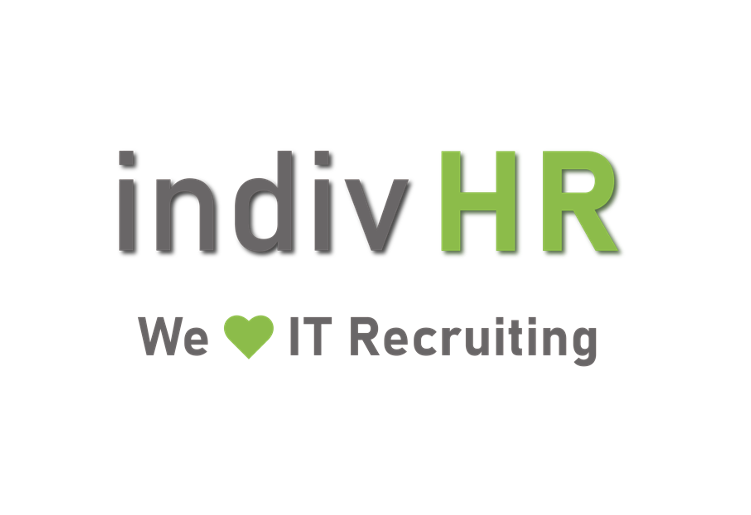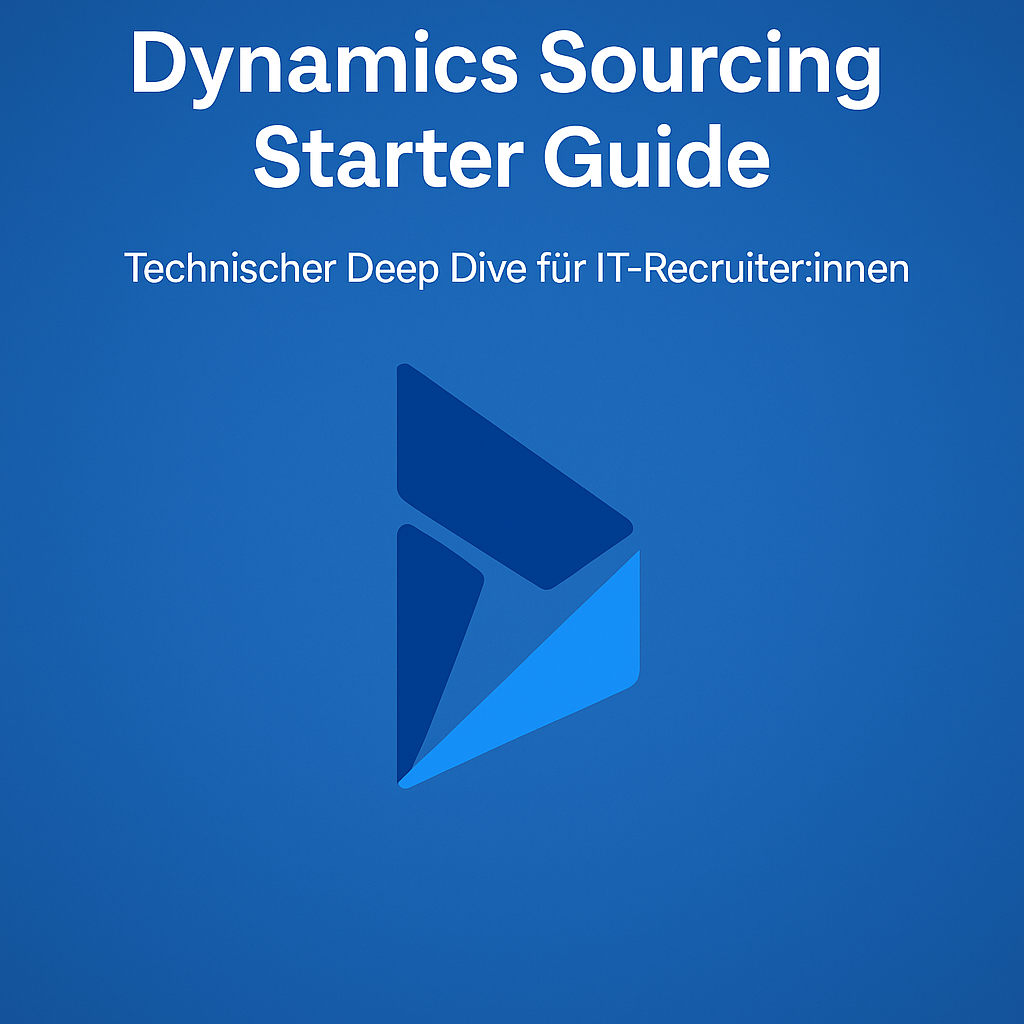Use DevOps interview questions in a targeted manner - instead of relying on buzzwords.
More and more CVs in IT recruitment contain the term "DevOps". However, this does not always mean genuine delivery expertise. With the right DevOps interview questions you can immediately recognise whether a candidate has taken on responsibility - or is just operating tools. In this article, we'll show you three tried-and-tested questions that you can use to reliably test DevOps expertise - regardless of whether Jenkins, GitOps or Kubernetes are involved.
DevOps - one term, many misunderstandings
The term DevOps originally stands for a culture of collaboration: the aim is to reduce manual handovers, establish continuous integration and continuous delivery (CI/CD) and provide systems in a stable, secure and efficient manner.
However, DevOps is used differently in many CVs:
-
It is enough to have been part of a "DevOps team"
-
The use of Jenkins or GitLab is interpreted as DevOps expertise
-
Writing or customising YAML files is equated with platform engineering
Why this is problematic
Without precise categorisation, it becomes difficult to distinguish between operational involvement and genuine responsibility. It is therefore essential in the selection process to keep the specific role profiles separate:
| Role | Area of responsibility |
|---|---|
| DevOps Engineer | CI/CS automation, configuration management, IaC |
| Site Reliability Engineer (SRE) | Monitoring, SLIs/SLOs, availability, incident response |
| Platform Engineer | Kubernetes platforms, GitOps, developer enablement |
| CI/CD specialist | Pipeline architecture, build & release processes |
This distinction provides the necessary framework for well-founded interview questions.
Three questions that make real DevOps expertise visible
1. "What does a typical deployment process look like for you?"
The aim of this question is to get a feel for the actual process knowledge.
Experienced candidates describe:
-
the complete deployment chain from commit to monitoring
-
Tools used (e.g. GitLab CI, ArgoCD, Helm, Prometheus)
-
Strategies such as canary deployments, rollbacks or feature toggles
-
Interfaces to QA, security or operations
Be careful with general answers such as:
-
"We use Jenkins."
-
"That was set up by another team."
-
"I was mainly responsible for monitoring."
These formulations indicate a more consuming role.
2. "What was your biggest challenge in setting up a pipeline?"
This question highlights not only tool knowledge, but also the ability to solve problems in the context of complex build and release processes.
Statements such as:
-
"We had to integrate centralised secrets management with HashiCorp Vault."
-
"The stage logic was dynamised using a YAML template."
-
"We have implemented Slack-based approvals for critical deployments."
Vague answers without concrete problems are a warning signal - real responsibility is shown in dealing with security, testing, dependencies or governance.
3. "What specific responsibilities did you have - and what was taken on by the team?"
This question is aimed at this, Ownership to identify. Anyone who has helped to design a platform can differentiate between self-developed components and adopted structures.
A clear indicator:
"I created the Helm charts for our services from scratch, designed the secrets handling together with the security team and maintained the deployment pipelines in GitLab CI."
Statements like:
"I looked after existing pipelines that the team had set up."
...show that no central responsibility has been assumed.
Why targeted DevOps interview questions are indispensable today
The role of DevOps Engineers is now an integral part of many IT organisations - but their content varies greatly. With well thought-out DevOps interview questions you make sure that you not only test experience with tools such as Jenkins or YAML, but also actual responsibility for processes, security or deployment structures.
DevOps interview questions help you to bring structure to the selection process - especially when CVs are difficult to compare. Our checklist offers you a tried-and-tested framework for differentiating between users and designers.
Interview structure - targeted testing of DevOps expertise
For recruiters without a technical background, it is helpful to take a structured approach. Our checklist for DevOps in-depth structure provides a sound basis for this.
Test criteria:
-
Automation vs. manual processesWho has automated which steps?
-
Tool responsibility vs. tool utilisation: Were tools designed or merely used?
-
Monitoring & Incident HandlingWho has defined metrics? Who reacts in the event of an error?
-
Security aspectsIs the person familiar with concepts such as RBAC, Vault, KMS?
-
Role differentiationDoes the candidate know the differences between DevOps, SRE and Platform Engineering?
Get the DevOps interview checklist for sourcers & tech recruiters as PDF for download.
Recommendation
DevOps is a widely used term.
This is why it is crucial to scrutinise the selection process:
-
Were processes co-designed or only utilised?
-
What responsibility has been assumed?
-
Which challenges were solved independently?
With structured interview questions, technical depths can be clearly recognised - and the risk of wrong appointments significantly reduced.
👉 Download the checklist now and conduct more targeted interviews.
indivHR supports you in identifying excellent profiles and successfully filling the roles.





